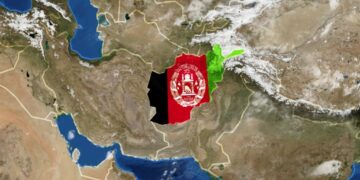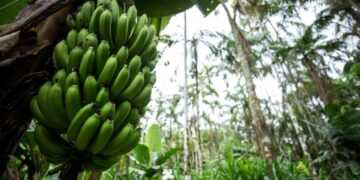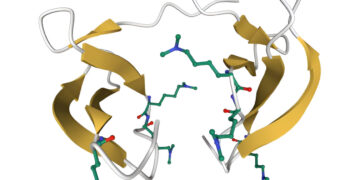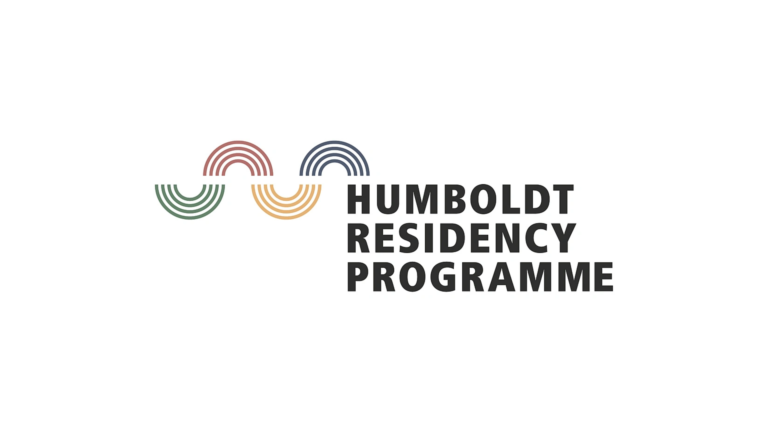Bridging Power and Knowledge: Addressing Global Imbalances in Knowledge Systems for Sustainable
Futures
Amplifying voices from the Global South and bridging knowledge systems for a sustainable future.
About the Special Issue
This special issue of SustainE, supported by the Alexander von Humboldt Foundation, aims to address global knowledge imbalances by integrating traditional and modern knowledge systems for sustainability and climate action. The Alexander von Humboldt Foundation fosters collaborative research between the Global North and Global South, and this special issue seeks to amplify underrepresented voices, particularly from the Global South. By providing a platform for a diverse range of formats, we aim to bridge power imbalances in knowledge production and dissemination. We invite scholars, civil society organizations, local communities, and NGOs to submit original work that highlights innovative, cross-cultural, and collaborative approaches to sustainability challenges.
Key Objectives
- Increase the Visibility of Excellent Research: Showcasing research that integrates traditional knowledge systems with modern scientific practices.
- Foster Cross-Cultural Understanding: Promoting collaborations between Global North and South.
- Promote Science Diplomacy: Highlighting the role of science in international cooperation.
- Engage Society: Encouraging dialogue and engagement with diverse stakeholders.
- Advance Global Sustainability: Creating innovative solutions by combining diverse knowledge systems.
Call for Submissions
We welcome submissions in a variety of formats, including research articles, commentaries, multimedia, and case studies. All submissions must focus on sustainability, climate action, and the integration of traditional and modern knowledge systems, with an emphasis on the Global South.
- Research Articles.
- Commentaries and Perspectives.
- Audio and Video Documentaries.
- Photo Essays and Virtual Exhibitions.
- Data Visualizations.
- Tools and Case Studies.
- Original research or in-depth case studies that align with the theme of bridging knowledge systems.
- Articles should focus on the integration of traditional knowledge with modern sustainability science.
- Well-structured with clear objectives, methodology, results, and discussion sections.
- Community engagement and participatory research methods must be highlighted.
- Include at least one co-author from the local community involved in the research.
- Must be previously unpublished work.
- Reflective and critical essays discussing the challenges, opportunities, and experiences of cross-cultural scientific collaboration.
- Can include opinion pieces on how to reform global knowledge systems to be more inclusive.
- Should offer thought-provoking analysis relevant to bridging knowledge systems.
- Encouraged to include examples from personal or institutional experience, especially in Global North-South collaborations.
Content:
- Audiovisual pieces narrating research processes or outcomes, with a particular focus on community engagement in sustainability efforts.
- Documentaries should tell a compelling story of knowledge generation and integration between traditional and scientific methods.
Criteria:
- Must be accompanied by a brief explanatory text (500-1000 words) outlining the aim, objectives, results, and impact of the work.
- Videos should be submitted in standard formats (MP4 or MOV) with a resolution of at least 1080p.
- Clear narrative and production quality, with audio and visuals well synchronized.
- Must provide consent from individuals or communities involved in the documentary, where necessary.
Content:
- Visual storytelling formats that capture fieldwork, community interactions, or sustainability projects.
- Photos must narrate a story or research process that aligns with the issue’s theme.
Criteria:
- Must be submitted as high-resolution images (JPEG or PNG) with captions for each image.
- A brief descriptive text (500-1000 words) must accompany the photo essay, explaining the context, research, and the role of local knowledge systems.
- Must include consent from individuals featured in the photos.
- Photos should convey a clear narrative, documenting key stages of the research or collaboration.
Content:
- Visual representations of complex data related to sustainability or climate action, such as maps, charts, and infographics.
Criteria:
- Must be accompanied by a brief (500-1000 words) explanatory text describing the data source, visualization method, and insights drawn from the data.
- Interactive visualizations must be submitted in formats supported by common web standards (e.g., HTML5, JavaScript).
Static visualizations should be high-resolution images (PNG, JPEG, or PDF) with clear labels and legends.
Eligibility Criteria:
- Global representation is encouraged, particularly from the Global South.
- Each submission must involve a co-author from a local community or organization.
- Submissions must address sustainability or climate action.
- Submissions should be original and unpublished.
Deadline:
- The submission deadline is December 1, 2024.
Best Entry Prize:
Submission Process
Step 1: Choose your format and prepare your submission according to the guidelines.
Step 2: Submit your work through the SustainE Submission Platform
Step 3: You will receive a confirmation email once your submission is received.
Step 4: Submissions will undergo an initial screening, followed by a peer-review process.
Step 5: Shortlisted submissions will be announced by January 15, 2025. Final selections will be published in June 2025.
Timeline
Call for Submissions Opens: November 10, 2024
Submission Deadline: January 20, 2024
Shortlist Announced: May 30, 2025
Publication Date: July 25, 2025
Meet the Editors
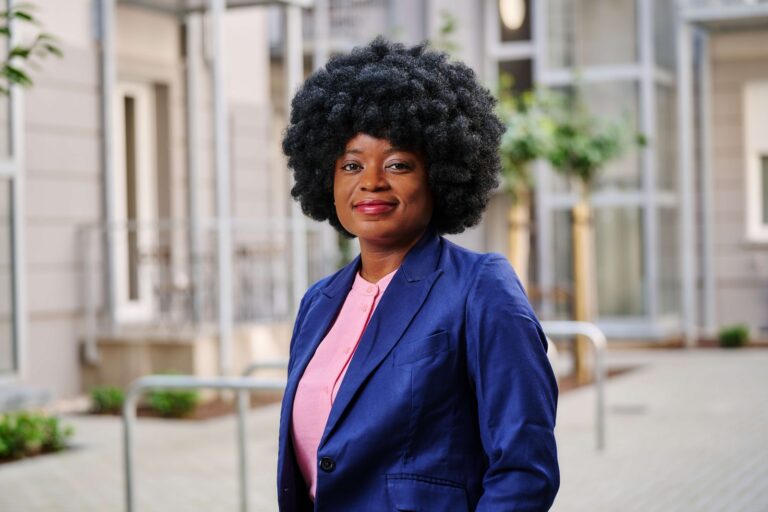
Adenike Akinsemolu
Founder of the Green Institute, Humboldt Fellow, and UNEP GEO-7 Lead Author. Adenike is an expert in environmental sustainability, climate action, and green microbiology.

Annick Eimer
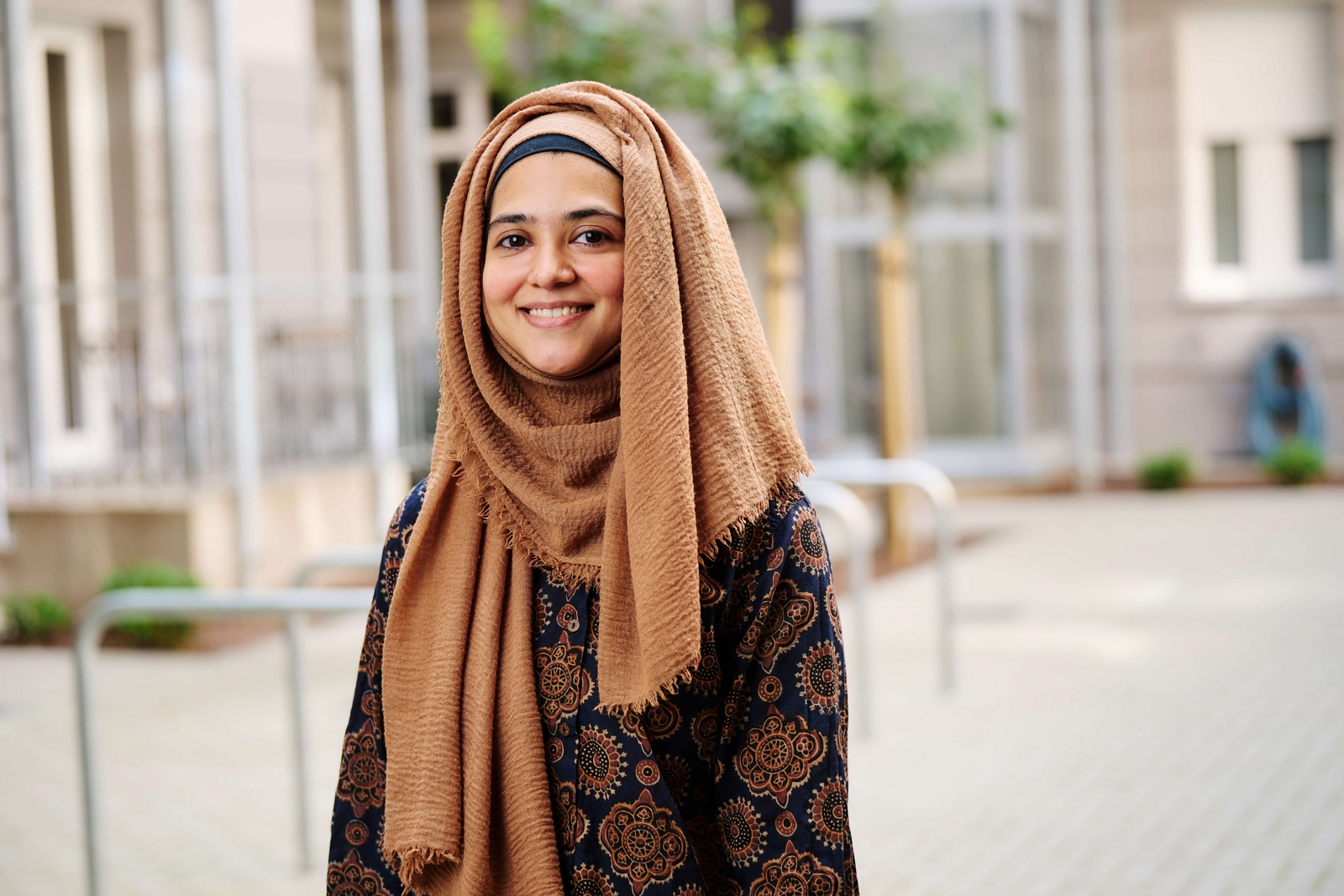
Sarah Iqbal
Meet the Scientific Advisory Board
The Scientific Advisory Board for this special issue comprises global experts in sustainability, climate action, and science diplomacy, ensuring that submissions reflect the highest standards of academic rigor and inclusivity. This board will guide the review process and support the integration of diverse knowledge systems.

Dr. John Doe
Professor of Sustainability Science, University of Sussex, and expert in the integration of traditional ecological knowledge into climate action frameworks.
Link to bio

Dr. Jane Doez
Senior Researcher at the Centre for International Climate Policy, specializing in cross-cultural scientific collaboration and community-led environmental research.
Link to bio

Dr. John Doe
Senior Advisor on Science Diplomacy, African Union, and advocate for inclusive knowledge systems between the Global North and South.
Link to bio

Jane Doe
Environmental Anthropologist, focusing on indigenous knowledge and climate resilience in the Pacific Islands.
Link to bio

Jone Doe
Chief Scientist at the Global Sustainability Institute, with a focus on global equity in knowledge production and dissemination.
Link to bio
Frequently Asked Questions
- We encourage submissions from researchers, civil society organizations, local collectives, NGOs, and community-based organizations from around the world, especially from the Global South.
We accept a variety of formats including research articles, multimedia, and tools that focus on sustainability and knowledge integration.
- Please visit the Submit Your Work section to access the submission platform.
- No, only completed works will be accepted.
All submissions will go through an initial eligibility check and then a peer-review process managed by the editorial team at SustainE.
Partners
Contact Us
- Questions? Feel free to reach out to our editorial team at editorial@sustaine.org for any inquiries about the submission process or the special issue.
- Submission-Related Inquiries: editorial@sustaine.org
- General Inquiries: hello@sustaine.org
Social Media Links: Follow us on Social Media for updates and announcements.
Additional Resources:



